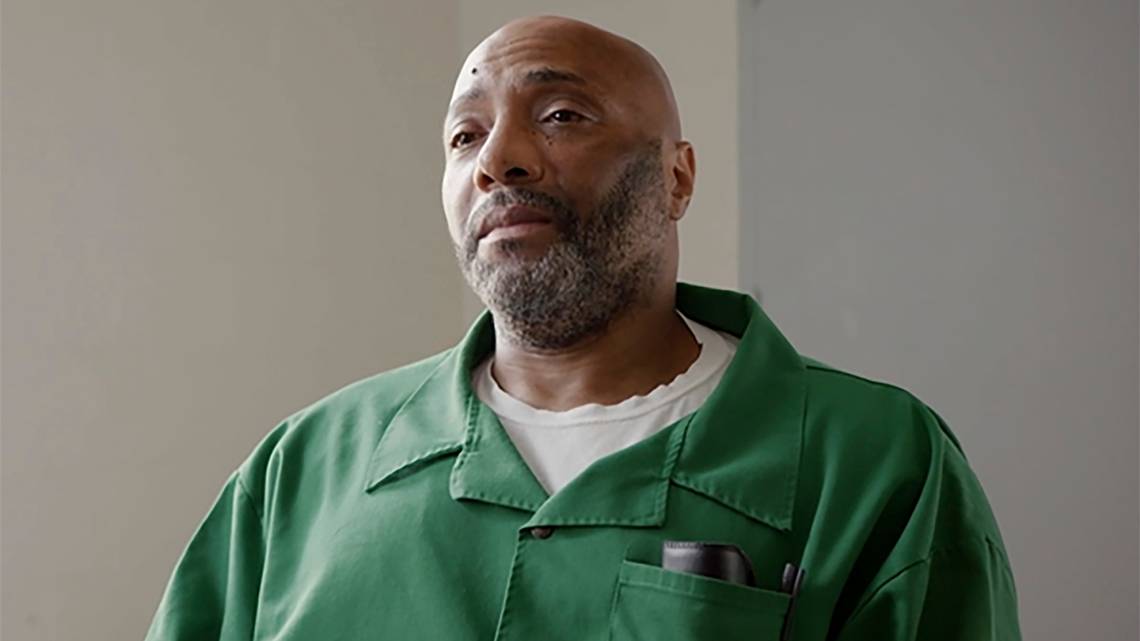
In a landmark development, South Carolina is poised to carry out its first execution in over 13 years, marking a significant shift in the state’s approach to capital punishment. The execution, scheduled for September 20, 2024, involves Freddie Eugene Owens, a man convicted of murdering a store clerk during a 1997 robbery. This case has resurfaced in public attention as the state moves forward with capital punishment after a long hiatus.
South Carolina’s struggle to resume executions was primarily due to the unavailability of lethal injection drugs, a common issue across many states in recent years. The state had been unable to carry out executions since 2011 because drug suppliers, fearing public backlash and legal ramifications, refused to provide the necessary chemicals. This led to a de facto moratorium on capital punishment in South Carolina, despite the state maintaining the death penalty on its books.
The situation changed dramatically earlier this year when South Carolina passed a law that allows the state to keep the identities of its lethal injection drug suppliers confidential. This new legislation, aimed at circumventing the public pressure that has led to the shortage, has opened the door for the state to resume executions.
The decision to schedule Owens’ execution has sparked renewed debate about the death penalty in South Carolina. Supporters argue that it delivers justice for the most heinous crimes and provides closure to victims’ families. However, opponents decry the decision as a step backward, pointing to the moral and ethical concerns surrounding capital punishment, as well as the risk of executing innocent people.
Owens has been on death row for nearly 25 years, and his case has been a focal point in discussions about the state’s criminal justice system. With the execution date set, South Carolina is thrust into the national spotlight, reigniting the debate over the future of the death penalty in the United States.
This execution, the first in over a decade, represents a pivotal moment for South Carolina, signaling the state’s renewed commitment to enforcing its capital punishment laws amid evolving legal and ethical challenges. As the execution date approaches, all eyes will be on South Carolina to see how this legal and moral issue unfolds.
Leave a Reply